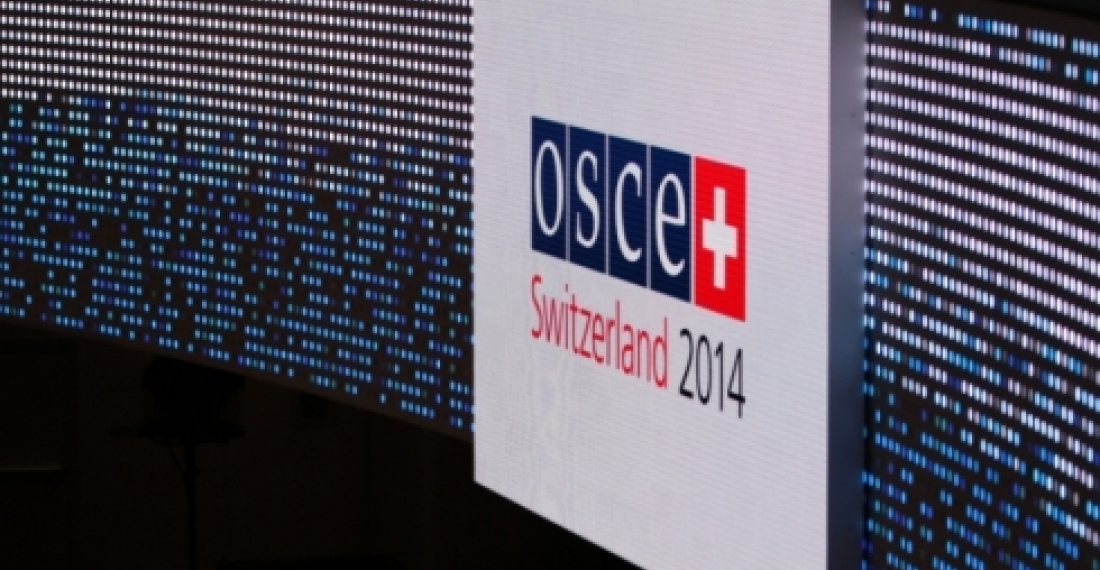The 21st OSCE Ministerial Council, gathering some 50 foreign ministers, will take place on 4 and 5 December 2014, at the Basel Exhibition Centre, in Basel, Switzerland at the invitation of the 2014 OSCE Chairperson-in-Office, Switzerland's Foreign Minister Didier Burkhalter.
The Ministerial Council is the central decision-making and governing body of the OSCE. The meeting, held annually, provides foreign ministers and more than 70 delegations of OSCE participating States, partner countries and several international organizations an opportunity to review and assess the Organization's activities during the past year and offer national viewpoints on security matters. At this year's meeting the foreign ministers will discuss the Ukraine crisis and common challenges within and beyond the OSCE area. The Council will set the course for the future work of the organization as Serbia prepares to take the chair from 1 January.
The foreign ministers of both Armenia and Azerbaijan are expected to attend the Basel meeting and unconfirmed reports say that they are expected to meet under the auspices of the co-Chair of the OSCE Minsk Process - France, Russia and the United States. The Foreign Ministers of these three countries or their deputies, are also expected in Basel. Foreign Minister Nalbandian of Armenia and Foreign Minister Mammadyarov of Azerbaijan are today in Brussels attending a meeting of NATO. However no formal meeting between the two was expected. A meeting of the two Foreign Ministers is considered necessary to follow-up on some of the discussions held between the Presidents of Armenia and Azerbaijan in Sochi, Newport and Paris during the summer. However the atmosphere between the two countries has become once more poisoned following the recent downing by Azerbaijan of an Armenian military helicopter that was taking part in large scale military manoevres close to the no man's land separating forces of the two countries in the Nagorno-Karabakh conflict zone.
source: commonspace.eu
photo:A sign welcoming participants to the 21st OSCE Ministerial Council in Basel, 2 December 2014. ( Picture courtesy of the OSCE)







